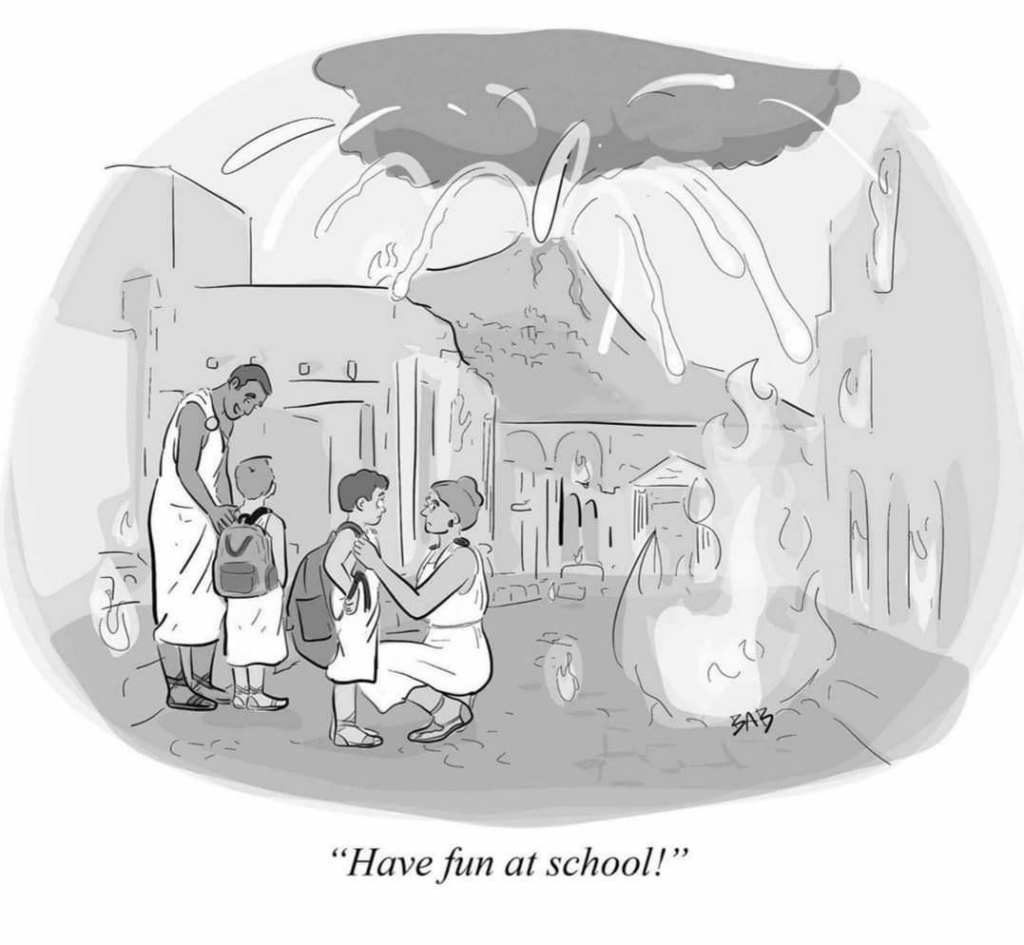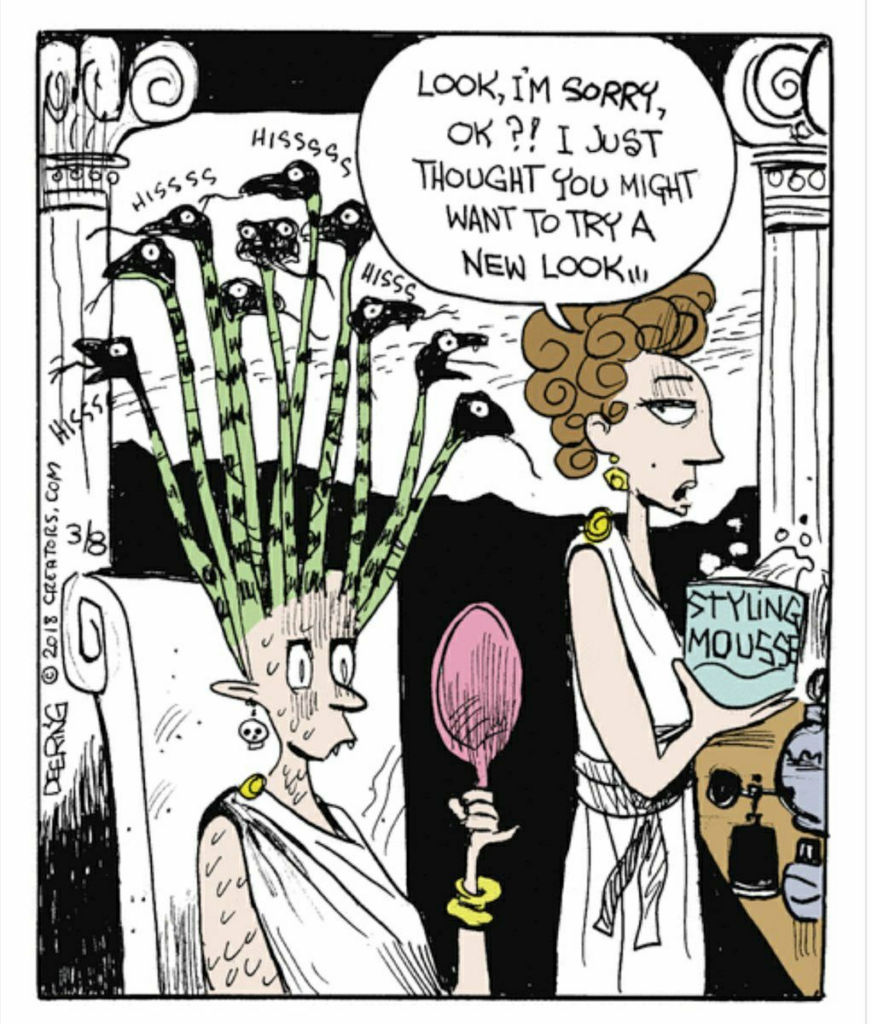It’s snowing over in my neck of the woods, so digging might be a little hard, but maybe I’ll give it a try on the off chance a WWII vet left a Roman gravestone in my backyard (on that note, gratias maximas for your service to all our veteran friends!). Staying inside feels like the better call. If you are down in New York at some point during the holiday season, the Met has a new exhibit: Divine Egypt (through January). If you need further incentive to head that way, beyond beautiful art and inspiring history, this new exhibit coincides (fortasse) with the grand opening of the Grand Egyptian Museum and a new resurgence in the call for repatriation of Egyptian artifacts from across Europe and even the US. So next time you are interested in seeing hieroglyphs and mummies, your journey may be longer than a train ride. Although distance does make the heart grow fonder. Our indigenous friends in Canada are hoping to see the fruits of repatriation efforts soon, with the Vatican expected to announce the return of many artifacts to Indigenous communities throughout Canada.
On this side of the pond, instead of looking back at the past, the Catholic Church is looking forward. To create more unity within the modern global church, a Vatican order has been issued to a Tennessee diocese to cease all Latin masses. While I cannot comment on the papal/religious reasonings behind this move, I will say my Latinist heart is saddened.
A few states over in Texas, the UT Austin College of Liberal Arts, which is home to the Classics Department, fears restructuring and even points of elimination as a new overseeing administrative committee is announced. Although if Classics is truly in danger, I wonder if the school’s motto should also start looking for a new home.
Note that it is UT Austin above and not any of the other UT campuses. It is such an easy mistake to make when they all begin with UT. Like mixing up Julius Caesar and Caesar Augustus – and all the other Caesars that followed. But who would make that mistake? How quick we are to judge! Several schools in Australia are having to apply for special consideration on exams after history curricula incorrectly focused on Caesar Augustus instead of Julius Caesar. Even if the exams do not go well, hopefully students were all able to successfully complete the NY Times Connections yesterday.
While I am making use of your eyes, others are gearing towards getting to your nose. An archaeologist and perfumer have teamed up to recreate a Mycenaean age perfume based on ingredients listed on Linear B tablets from Pylos. I am sure the scent is fragrant enough that we will be asking the gods totum ut [nos] faciant nasum.
Another joint team of ancient and modern – Latin meets Pulsed Thermography – over in Herculaneum has brought us new insight into ancient philosophy. Meanwhile, National Geographic is bringing to life gladiators and their history through a new docuseries “Gladiators: Warriors of the Ancient World”.
If the eyes and/or ears are still your main means of engaging with the world, check out these other interesting articles and book releases. The release of Taylor Swift’s most recent album has some of us revisiting her Roman elegiac predecessors. One of the MCA Fall 2025 speakers guided us in looking at the cultural and historical insight two specific Argive myths can give us. This article traces the patterns of myths and the role of the mythographer to social, cultural, and personal identity. If only to highlight even further the significance and omnipresence of myths, a new Medusa retelling comes out soon.







